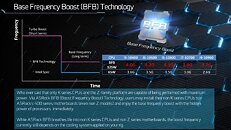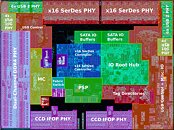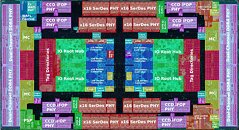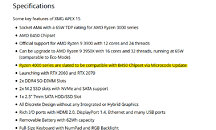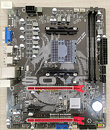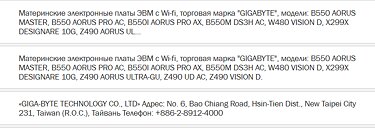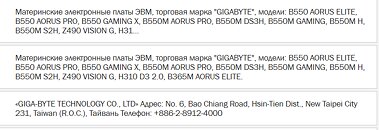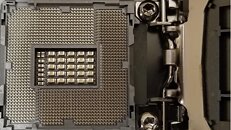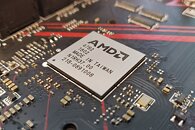
AMD B550 Chipset Motherboards Priced Roughly on-par with B450 Based Ones
AMD's upcoming B550 desktop chipset, which plays second-fiddle to the premium X570, could bring relief to gaming PC builders wanting to put together 3rd gen Ryzen desktops with PCI-Express gen 4.0 graphics and M.2 SSD connectivity on the cheap. Pricing of a handful ASUS B550 motherboards was leaked to the web by Australian retailer ICIT.net.au, who listed the somewhat premium ASUS ROG Strix B550-F Gaming for AUD $262.90, including GST (converts to USD $167 including all taxes). The retailer also lists TUF B550-Plus Gaming and Prime B550M-A at the same exact price, which could be pre-launch inflation (so we're going by the price of what could be the best-endowed SKUs among the three).
If this pricing holds up, B550 based boards could launch at prices close to those of B450 boards at launch. The B550 is AMD's mid-range desktop chipset that is expected to enable PCI-Express gen 4.0, at least where it matters the most (the main x16 slot and the M.2 slot that's wired to the AM4 SoC). Much like its predecessors, the B450 and B350, it could enable CPU- and memory overclocking. Reports dating back to Q3-2019 point to the B550 being ASMedia-sourced, and having a far lower chipset TDP than the X570 (making do with passive heatsinks like the AMD 400-series).
If this pricing holds up, B550 based boards could launch at prices close to those of B450 boards at launch. The B550 is AMD's mid-range desktop chipset that is expected to enable PCI-Express gen 4.0, at least where it matters the most (the main x16 slot and the M.2 slot that's wired to the AM4 SoC). Much like its predecessors, the B450 and B350, it could enable CPU- and memory overclocking. Reports dating back to Q3-2019 point to the B550 being ASMedia-sourced, and having a far lower chipset TDP than the X570 (making do with passive heatsinks like the AMD 400-series).


